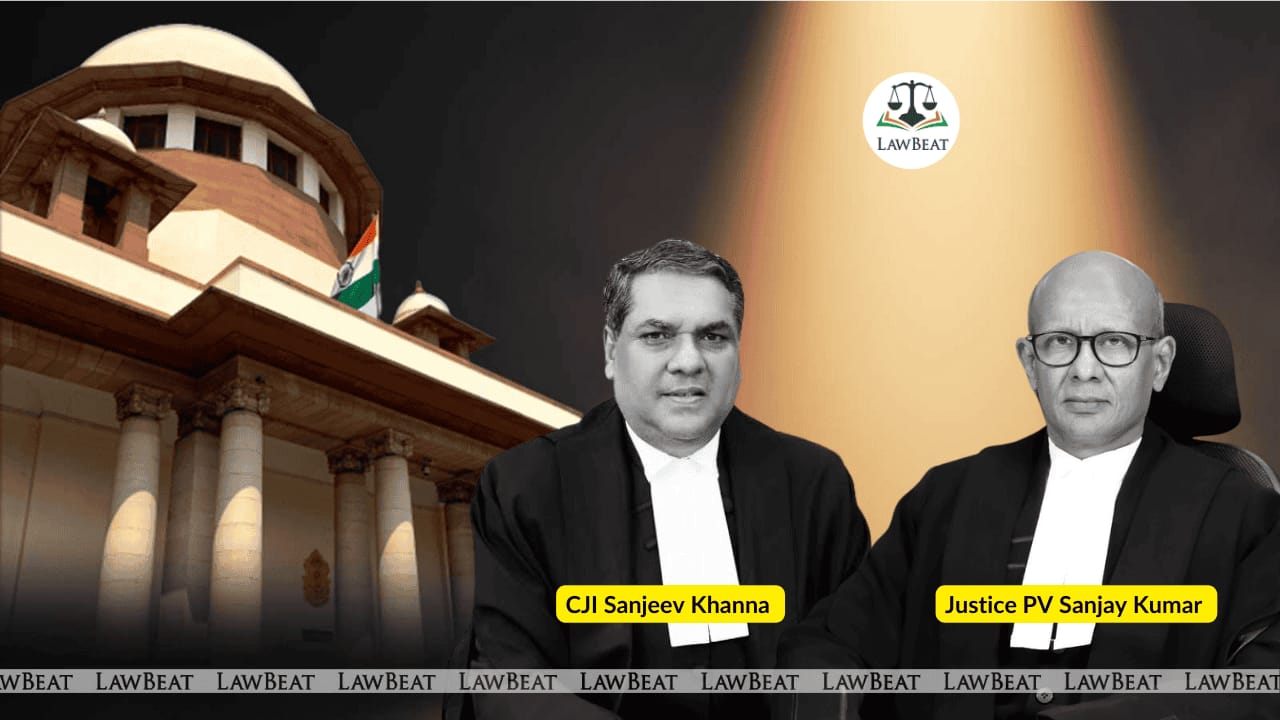Supreme Court says neither Constitution nor Preamble mandate a 'left or right' economic policy

Top Court has noted that during the consideration of the Constitution Forty-Fifth Amendment Bill, 1978, 'socialist' was characterized as representing a republic dedicated to eliminating all forms of exploitation—whether social, political, or economic
While noting that the word 'socialism', in the Indian context should not be interpreted as restricting the economic policies of an elected government, the top court has said the Constitution or the Preamble do not mandate a specific economic policy.
"Neither the Constitution nor the Preamble mandates a specific economic policy or structure, whether left or right. Rather, 'socialist' denotes the State's commitment to be a welfare State and its commitment to ensuring equality of opportunity", a CJI Sanjiv Khanna led bench has said.
The bench also comprising Justice Sanjay Kumar has said, in the Indian framework, socialism embodies the principle of economic and social justice, wherein the State ensures that no citizen is disadvantaged due to economic or social circumstances.
The word ‘socialism’ reflects the goal of economic and social upliftment and does not restrict private entrepreneurship and the right to business and trade, a fundamental right under Article 19(1)(g), court adds.
With this view, the Supreme Court has dismissed petitions challenging the two expressions—'secular' and 'socialist' and the word 'integrity' which were inserted in the Preamble vide the Constitution (Forty-second Amendment) Act, 1976.
"These amendments were made in 1976. Article 368 of the Constitution permits amendment of the Constitution. The power to amend unquestionably rests with the Parliament. This amending power extends to the Preamble....The fact that the Constitution was adopted, enacted, and given to themselves by the people of India on the 26th day of November, 1949, does not make any difference. The date of adoption will not curtail or restrict the power under Article 368 of the Constitution. The retrospectivity argument, if accepted, would equally apply to amendments made to any part of the Constitution, though the power of the Parliament to do so under Article 368, is incontrovertible and is not challenged.", the top court has said.
The insertions were challenged before Supreme Court on various grounds, namely, retrospectivity of the insertion in 1976, resulting in falsity as the Constitution was adopted on the 26th day of November 1949; the word ‘secular’ was deliberately eschewed by the Constituent Assembly, and the word ‘socialist’ fetters and restricts the economic policy choice vesting in the elected government, which represents the will of the people.
Court was further told that the Forty-second Amendment was vitiated and unconstitutional as it was ‘passed’ during the Emergency on November 2, 1976, after the normal tenure of the Lok Sabha that had ended on March 18, 1976.
Case Title: Dr. Balram Singh and Others vs. Union of India and Another
